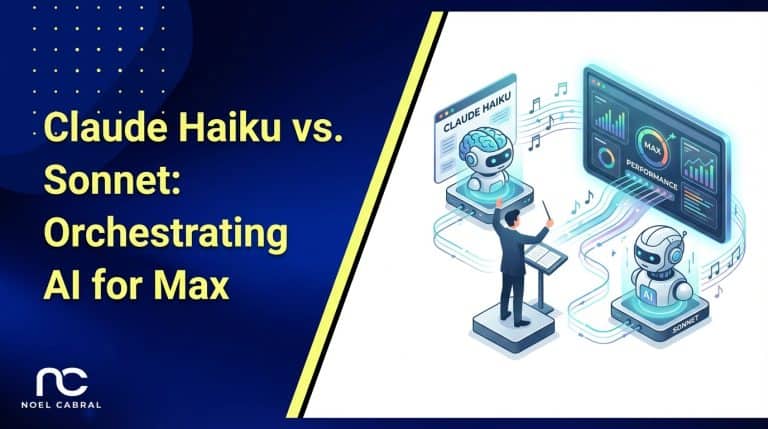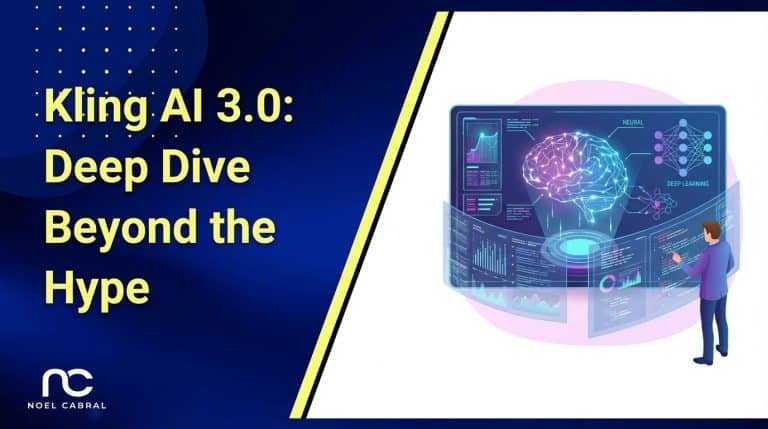Does Chat GPT Plagiarize? How To Stay Safe In 2023
Does Chat GPT plagiarize?
Ever used ChatGPT and wondered if its brilliantly crafted responses come from copying others? You’re not alone – I’ve been there too.
After all, OpenAI’s state-of-the-art model doesn’t pull its quick-witted replies out of thin air; it was trained on a colossal pile of internet text!
In this article, we’ll delve into whether using ChatGPT equates to plagiarism, learn how to maintain academic integrity when employing AI tools and explore upcoming technologies designed to keep AI in check.
Ready for the truth about our AI pals? Let’s get started!
Key Takeaways
- ChatGPT does not directly plagiarize, but its outputs may resemble existing sources without proper attribution.
- OpenAI is actively working on preventing AI plagiarism and plans to add watermarks to generated responses.
- Users of ChatGPT should check AI-generated content for plagiarism using tools like Grammarly and Copyscape to confirm the content is plagiarism free.
The Question of Plagiarism with ChatGPT

Is ChatGPT Plagiarism Free? Does ChatGPT Give Everyone the Same Answer?
Is ChatGPT Plagiarism Free?
You might wonder if the content whipped up by ChatGPT is entirely plagiarism-free. While it doesn’t directly copy from a source, that’s not to say its outputs will always pass a plagiarism test with flying colors.
This AI resource draws on massive amounts of information to compose responses via rephrasing and restructuring existing data. Sounds neat, right? But here’s the rub: even though it’s technically creating new pieces of text, in some cases, these could bear a striking resemblance to existing material on the web without giving appropriate or proper credit either.
Good news for you – OpenAI knows about this, and they are working tirelessly towards preventing this kind of AI-assisted “plagiarism.”
How cool is that! So yeah, before using generated content as your own work, remember to run it through reputable originality checkers like Grammarly or Copyscape to maintain your writing integrity.
Does ChatGPT Give Everyone the Same Answer?
This is another common question besides does Chat GPT plagiarize.
No two individuals can expect identical responses from ChatGPT. This AI-based text generator, known for its human-like natural language processing and generation, operates on Machine Learning principles and data patterns rather than direct copying.
Take it as your personalized digital research tool; the response isn’t a one-size-fits-all but tailored to user preferences and demands. A single question can elicit varied answers depending on factors like the specific phrasing of your query or past interactions with the AI platform.
So, while using this innovative application in academia or other sectors like blogging, don’t be surprised if you find seemingly ‘unique’ results every time!
The Risk of Academic Applications of ChatGPT

Academic applications of ChatGPT pose a risk by potentially fostering academic cheating and plagiarism.
Can ChatGPT Foster Academic Cheating?
Despite the potential educational uses of ChatGPT, such as tutoring or research assistance, we can’t ignore the elephant in the room: could this AI tool inadvertently aid academic dishonesty?
You may be surprised to learn that institutions like New York City’s public school system and Bryn Mawr College have already banned its use due to these concerns.
Here’s why – while it doesn’t directly copy from existing sources, ChatGPT creates responses by rephrasing available data which might resemble someone else’s work.
In short, if a student is passing off AI-generated content as their own masterpiece without giving proper credit, citation or acknowledgment (yes, even an AI deserves some credit!), they’re essentially infringing academic integrity codes – a form of cheating.
So although it may not ‘foster’ cheating per se, misuse of this powerful tool could pave the way for unethical practices in academia.
How to Avoid Plagiarism When Using ChatGPT
As a writer or blogger, ensuring that your content is original and free from plagiarism is important. When using ChatGPT, an AI text generator, there are steps you can take to avoid unintentional plagiarism. Here’s how:
- Understand ChatGPT’s process: ChatGPT creates responses by rephrasing existing data and sources. While the content it generates may not directly copy from a source, it can still resemble existing content without proper attribution.
- Check for similarity: Before using any text generated by ChatGPT, it’s crucial to check for similarity with existing content. Use plagiarism detection tools like Grammarly, Turnitin, or Copyscape to compare the generated text with other sources.
- Attribute sources: If ChatGPT produces a response that closely resembles existing content, attribute the original source correctly. This includes providing citations or references where appropriate.
- Rewrite and rephrase: To ensure originality, consider rewriting or rephrasing the AI-generated text in your own words. Adding your unique perspective and voice can make the content more authentic.
- Verify watermarks: OpenAI has announced plans to add watermarks to every response generated by ChatGPT, which will help reduce the possibility of plagiarism. Make sure to verify these watermarks and respect their presence.
- Follow academic integrity guidelines: If you’re a student or using ChatGPT for academic purposes, be aware of your institution’s policies on AI-generated content and academic integrity. Representing AI-generated text as your own work without proper acknowledgment may be considered a violation of academic integrity.
- Stay informed about AI advancements: As technology evolves, so do ethical and legal considerations surrounding AI-generated content. Stay updated on changes in policies and guidelines related to AI use in writing and blogging.
Technological Innovations to Detect AI-Generated Plagiarism

Technological innovations like the Originality.ai API are being developed to detect AI-generated plagiarism more effectively.
Originality.ai API
The Originality.ai API is an innovative tool designed to detect AI-generated content plagiarism. It is aimed at helping bloggers and writers identify any instances of content that may have been generated by AI chatbots like ChatGPT.
By analyzing the language and structure of text, the Originality.ai API can determine if a piece of content has been created using existing data or if it contains elements that closely resemble existing sources.

This powerful technology can be used alongside other plagiarism detection tools such as Grammarly, Turnitin, or Copyscape to ensure that AI-generated content is original and free from potential plagiarism issues.
The Future of AI, Plagiarism, and Detection
As AI technology advances, the future of AI, plagiarism, and detection becomes increasingly important. With chatbots like ChatGPT capable of generating human-like language, there are concerns about potential plagiarism.
However, companies like OpenAI are taking steps to prevent AI-generated content from being misused. They plan to add watermarks to their chatbot’s response to ensure attribution and discourage plagiarism.
Additionally, advancements in AI-based plagiarism detectors, such as Originality.ai API, offer promising solutions for identifying and flagging instances of AI-generated plagiarism. As the academic and technological spheres evolve, universities and institutions need to adapt their policies on academic integrity to address this emerging issue effectively.
Conclusion
In conclusion, while ChatGPT itself doesn’t directly plagiarize, it has the potential to produce content that closely resembles existing sources without proper attribution.
OpenAI is actively working on preventing AI plagiarism and plans to add watermarks to generated responses to mitigate this issue. Users must check AI-generated content for plagiarism using tools like Grammarly and Copyscape before utilizing it.
The debate around whether ChatGPT is a research tool or a cheating engine continues, highlighting the need for the ethical use of AI in academia and beyond.
FAQs – Does Chat GPT Plagiarize
1. Does Chat GPT plagiarize content from the internet?
No, Chat GPT does not plagiarize content from the internet. It generates responses based on patterns and examples it has been trained on but does not directly copy or reproduce existing text.
2. How does Chat GPT avoid plagiarism?
Chat GPT avoids plagiarism by generating original responses based on its training data. It uses machine learning algorithms to analyze patterns and generate contextually appropriate responses without directly copying existing text.
3. Can Chat GPT unintentionally produce plagiarized content?
While Chat GPT is designed to avoid plagiarism, there is a possibility that it may sometimes still generate content or responses similar to existing text due to the vast amount of information available online. However, any similarities are coincidental rather than intentional acts of plagiarism.
4. Is it safe to use content generated by Chat GPT without checking for plagiarism?
It is always recommended to check the content generated by Chat GPT for potential instances of unintentional similarity or coincidental resemblance to existing text before using it in a professional or academic setting where plagiarism could be an issue.






